Captain Virus: “Kalashnikovs are the day before yesterday. We need NATO small arms”
Why are our guys not sent on rotation? Why are boys without combat experience sent to the front lines? And where are the Western weapons that can save them? People who are distant from the war keep asking these questions, inciting panic and the lamentations about the "naked, barefoot, and hungry in the trenches", which have been going on since 2014.
Translated by Dmitry Lytov & Mike Lytov
Read in Ukrainian here
We talked with the commander of the reconnaissance group who is known by the pseudonym Virus about how the fighters themselves see the situation. Virus does not reveal his name, and we also decided to censor his and his battalion’s faces in the photos.
On February 24, at 7 o'clock in the morning, he and his comrades from the volunteer battalion were enrolled in the 10th separate mountain assault brigade. At first, they performed tasks in the north, in the Kyiv region. Now Captain Virus is preparing recruits for a new battalion, with which they will catch up with their brigade in the east.
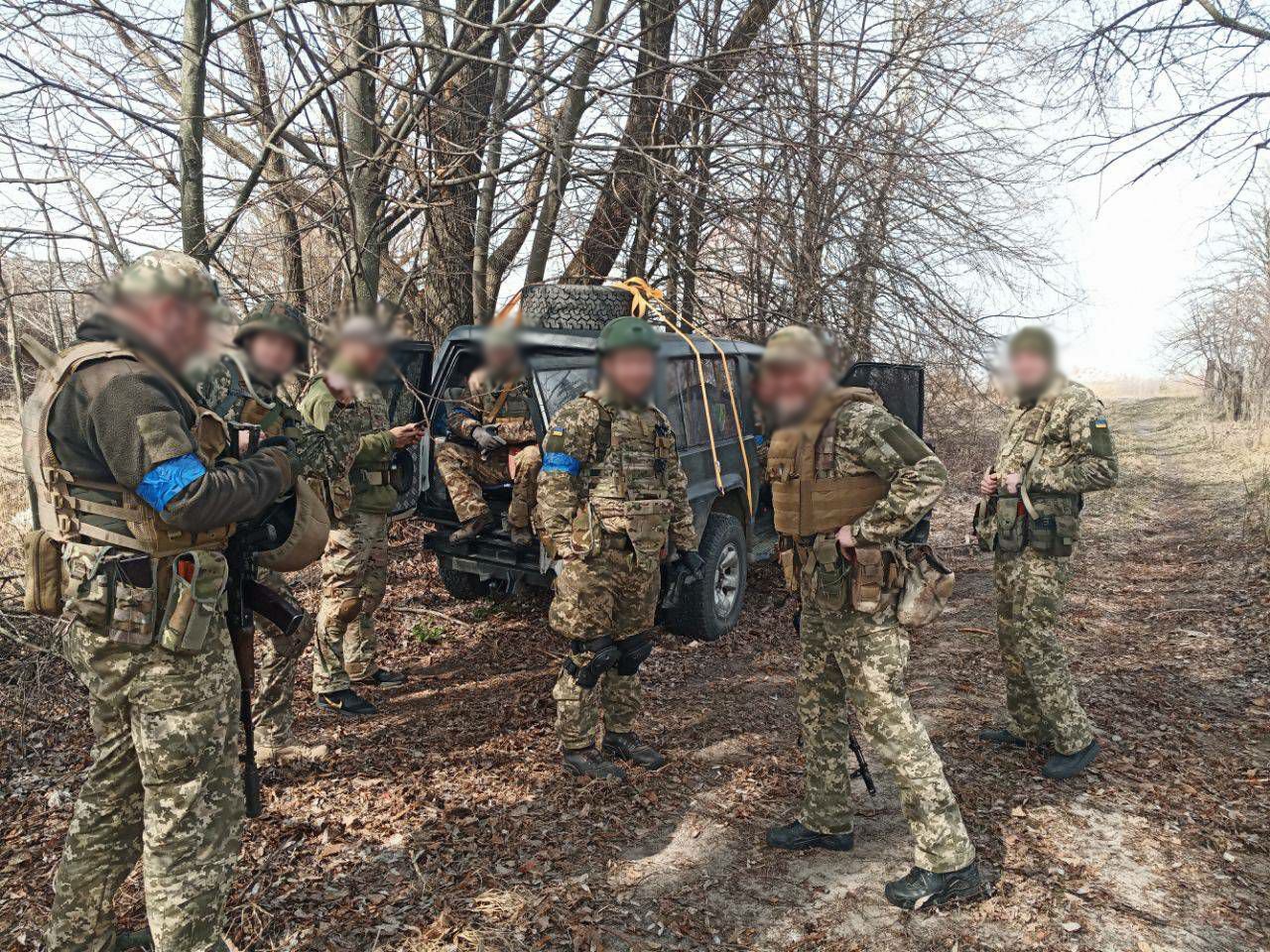
"You can learn to be a good marksman in 20 days"
“Mr. Captain, don't you think that 21 days of training is too little to raise a good soldier?”
“20 days are enough to train someone in marksmanship and engineering skills. That is, to teach them to dig and shoot in the right direction.
Motivated people are joining the army now, they know what they want — this gives us a lot of potential. There are different types of training, ranging from 7 to 20 days, depending on volunteer and their previous experience.
We train everyone as carefully as possible. Instructors work 24/7, but we are still short on time and qualified trainers. Sometimes, it happens that the training of a unit becomes the responsibility of its direct commander. I wouldn't call it a problem, but it is an extra workload.
Of course, the most effective are the special forces, the so-called SSO (Special Operations Forces of Ukraine — author) and airborne assault troops. They are the most trained. But the infantry is the salt of the earth. They dig in, bite into the soil, hold defenses and protect heavy equipment.”
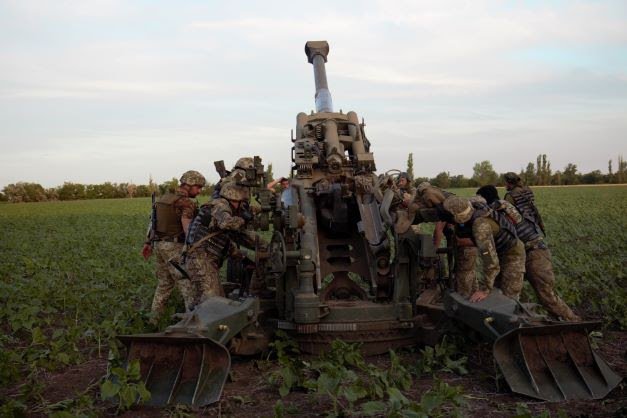
"Our unit is armed 5 out of 10"
“And what about your weapons?”
“Weapons are an important component which we are sorely lacking.”
“Now, on the battlefield in Ukraine, more modern and effective Western weapons are used, especially long-range artillery. Do you have any?”
“Our unit does not have any Western weapons yet. All of the best weaponry goes to the frontline first. We train on much older equipment. Hopefully, better weapons will catch up with us on the way to the front lines.”
“How would you rate the armament of your unit on a 10-point scale?”
“Our unit is armed 5 out of 10.”
“Why so?”
“Changes in armaments are taking place, but not as quickly as we would like. My military career began in August 2014, and in 2016, our battalion was disbanded. Back then, like everybody else, I only knew about the army from the news. Now that I am here again, I am, to put it mildly, unpleasantly surprised by the level of our army. Not everything is as good as it was made out to be. There are problems with everything: equipment, supplies, armor, personal weapons.
We do receive uniforms and individual protection. Our staff is 100% equipped with those, and even has spares. Sometimes logistics are bad, and some sizes are missing, but that's normal, these are little things. As a motivated person, I can fight even in jeans and a sweater. However, I must have a good weapon.”
"With NATO weapons, everyone becomes a sharp shooter"
“The West helps us because it already has ready-made equipment. But Ukraine could also regain its capabilities in the military-industrial complex. Samples of our weapons are not bad. The "Stugna", "Corsair", "Verba", the "Bohdana" howitzer made to use NATO shells — these are very good weapons for our theater of war. Where are they? (The factory that produced the guidance system for "Stugna" and "Corsair" was in Izyum, now it has been destroyed — editors).
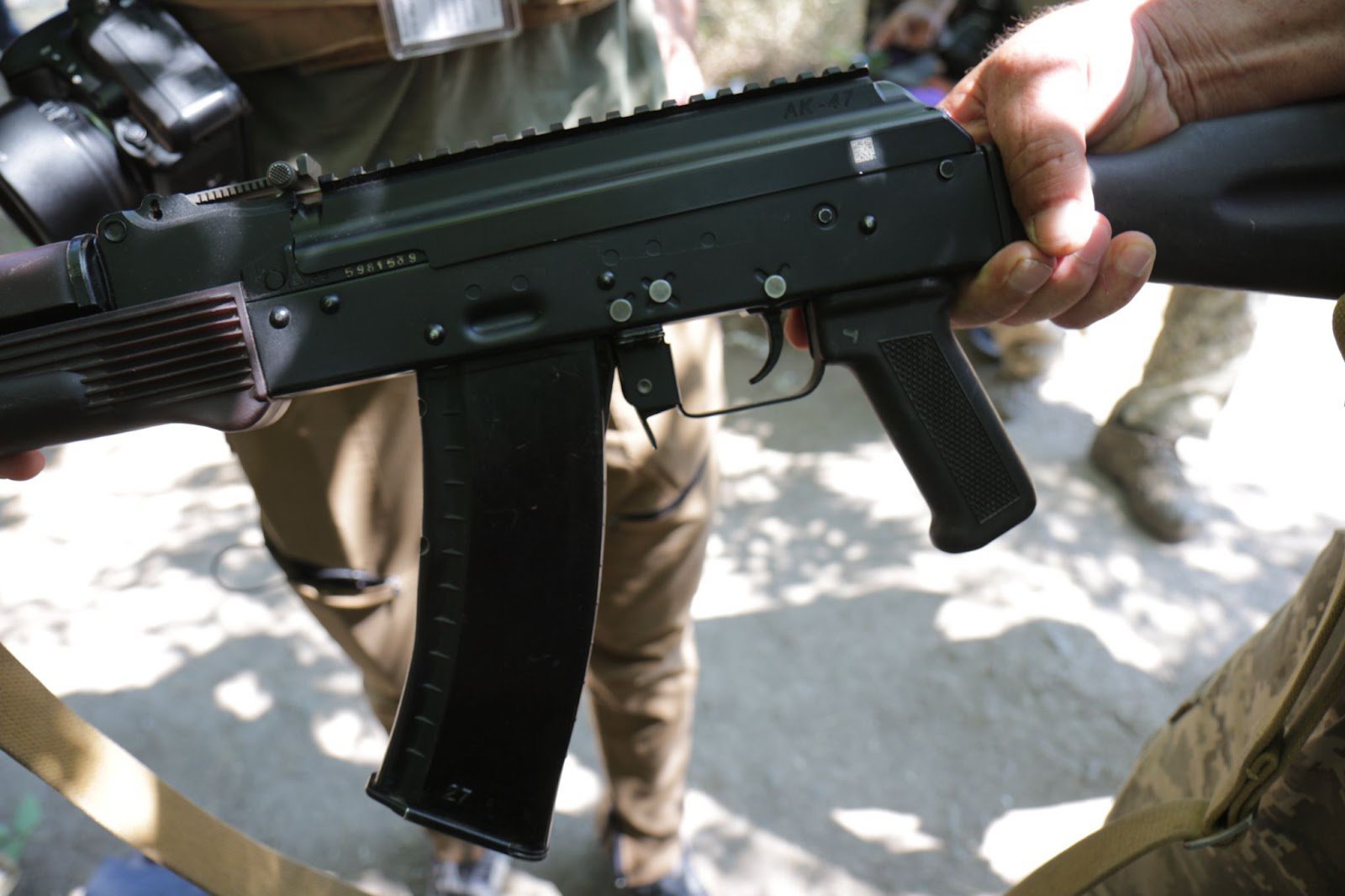
“Ukraine’s Armed Forces seem to have a lot of small arms.”
“Yes, we have a lot of Kalashnikov assault rifles from the times after the Second World War. I am interested in military affairs. These small arms are very far behind from the NATO models. They are not from yesterday, but from the day before yesterday. Ukraine needs weapons badly.
I had a company of almost 90 people. If you shoot from a Kalashnikov assault rifle or other Soviet weapons, the results are mediocre: a three on a five-point scale. If you use a good NATO weapon or even our Fort-221 — everyone becomes a sharpshooter and sniper. And this affects a lot of things: combat capacity, morale, and ammunition consumption.
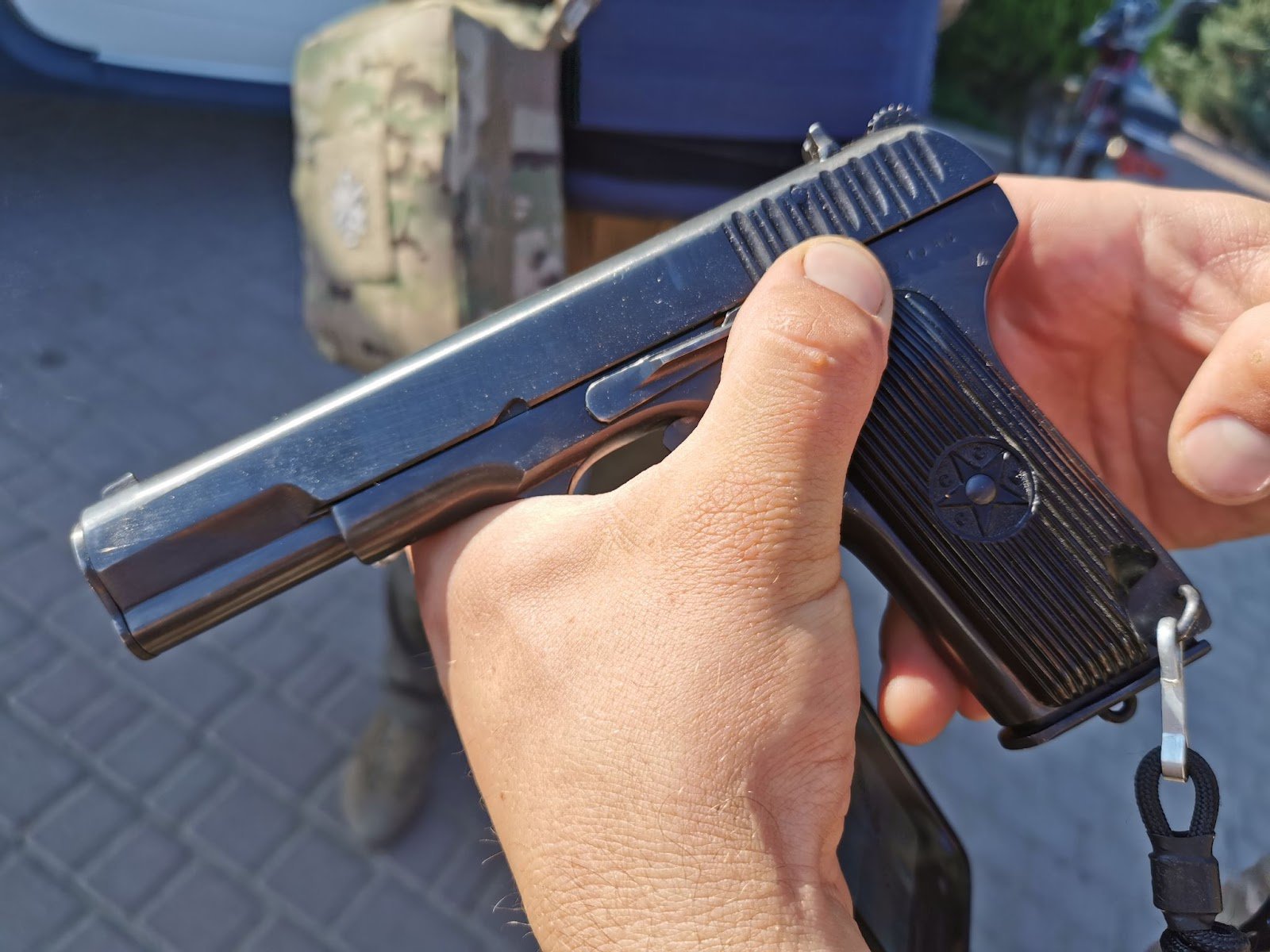
“There is a myth that Kalashnikov assault rifles are reliable, and NATO small arms are too delicate.”
“It's just a myth that Kalashnikovs are so perfect. Each weapon must be monitored and cleaned. I have experience with modern weapons, so I will say that NATO weapons, even those made for hunting, would beat an AK. The Kalashnikov assault rifle is a very outdated development, and the tactical and technical characteristics laid out in it are far from the reality.
It would be good if friendly countries could also help us with personal small arms and ammunition. Ammunition costs are very high.”
“How much?”
“Depends on the situation on the battlefield and marksmanship. I personally don't shoot a lot — because I studied and practiced shooting. At the same time, I carry a lot of ammunition, to put it mildly.”
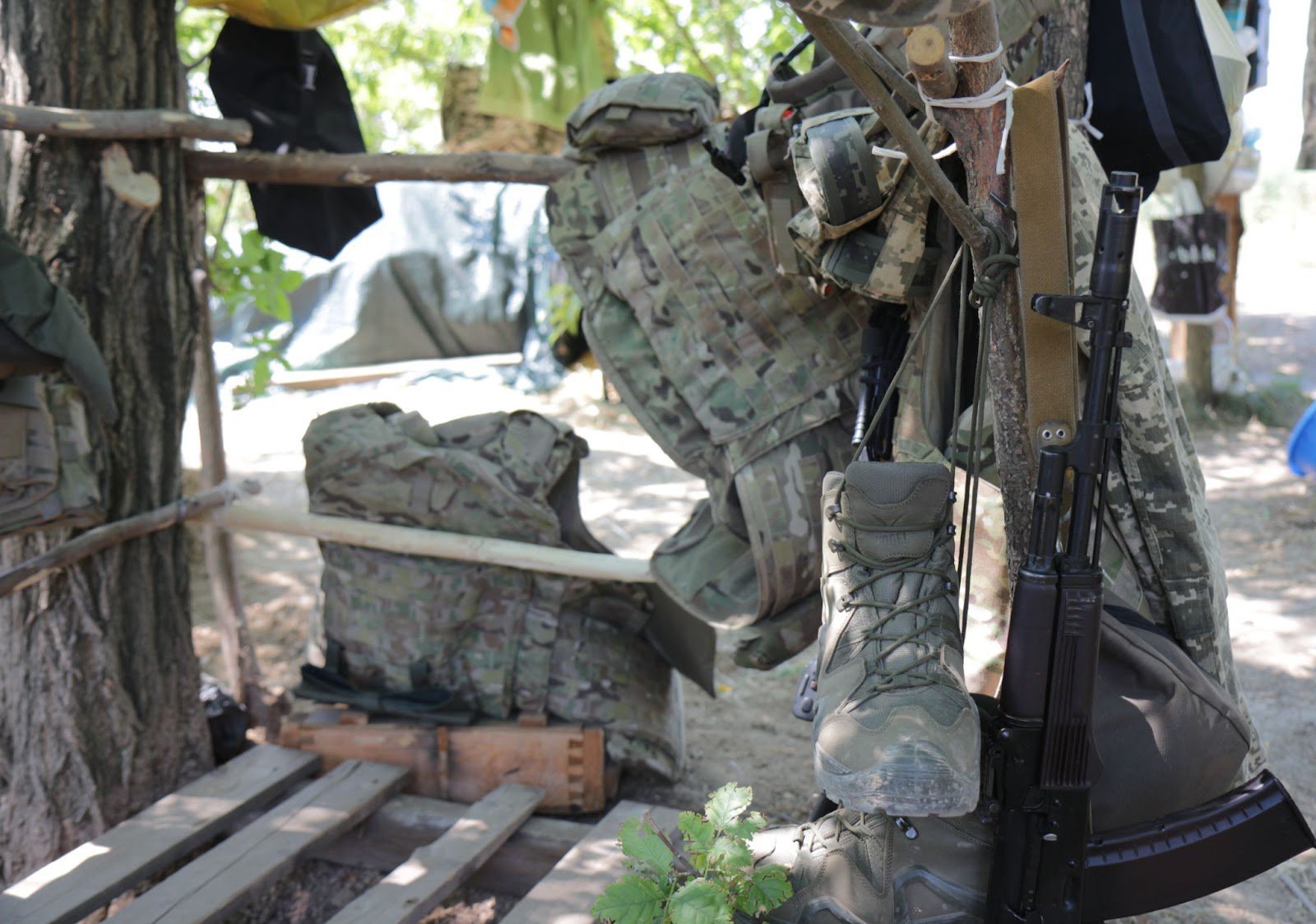
“How much exactly?"
“Eight stores and all pouches are filled with bullets. This weighs from 27 kg to 35 kg (60 to 77 pounds), not including the actual assault rifle and water. We do not take food to our combat missions — at most we bring chocolate or energy bars.
According to the norms, one fighter has 4 magazines of 30 cartridges plus another 60 cartridges in the slats. A total of 180 cartridges. In an intense battle, this is enough for several minutes of fire. Right now there is a lot of ammunition being used in hot spots. One soldier needs 1,200 rounds per day.
“Your intelligence unit, it would seem, should have the best equipment.”
“Of course, the intelligence unit has its own specifics. We have different equipment. What some consider expensive frills and trinkets – like scopes, night vision devices, thermal imagers, special glasses, binoculars – are vital to us. And here I bow down to the ground to the volunteers. My boys and I have everything. Today we also received some much needed collimator sights (allows the user to see the dot that is aimed at the target — editors). And these are not decorations for weapons, but something that significantly improves their effectiveness.”
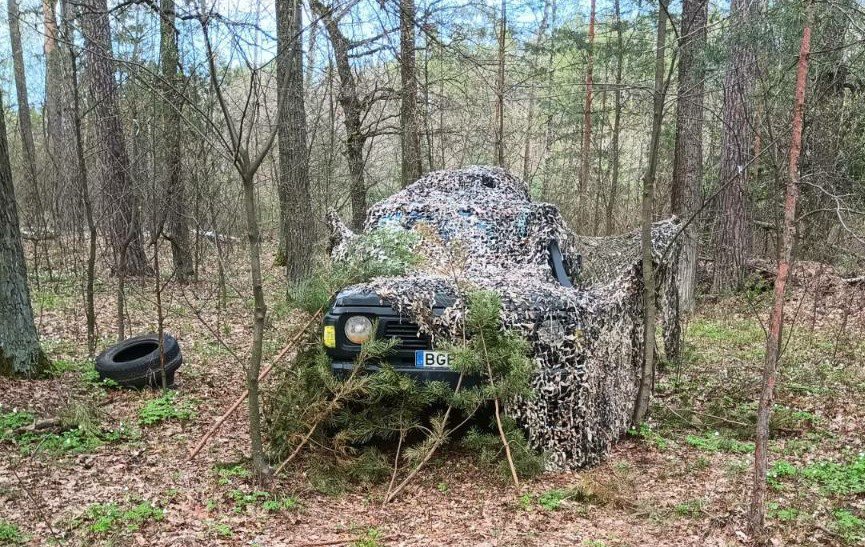
“In general, it is very important not to neglect seemingly small things: to have a second set of clothes, socks, proper underwear, a good folding spatula, a good knife... This is necessary for survival and the completion of the task. And we have this thanks to the volunteers.
For fun, we can wear patriotic T-shirts. Volunteers bring them to us too. They may seem to be small things, but they cheer us up and lift the mood.”
"The smell of gunpowder makes us feel excited"
“What inspires you to fight?”
“Our guys are all motivated and eager to fight. The smell of gunpowder makes us feel excited. Is there fear? Everyone has fear. In extreme conditions, different things come out of people: both crap and masterpieces. Stress is relieved by jokes and simple things, like kindling a fire, heating a can of stew. We support each other sometimes with a joke, sometimes with irony. We don't swear. We are nowhere near close to any alcohol. The team follows the commander’s example.”
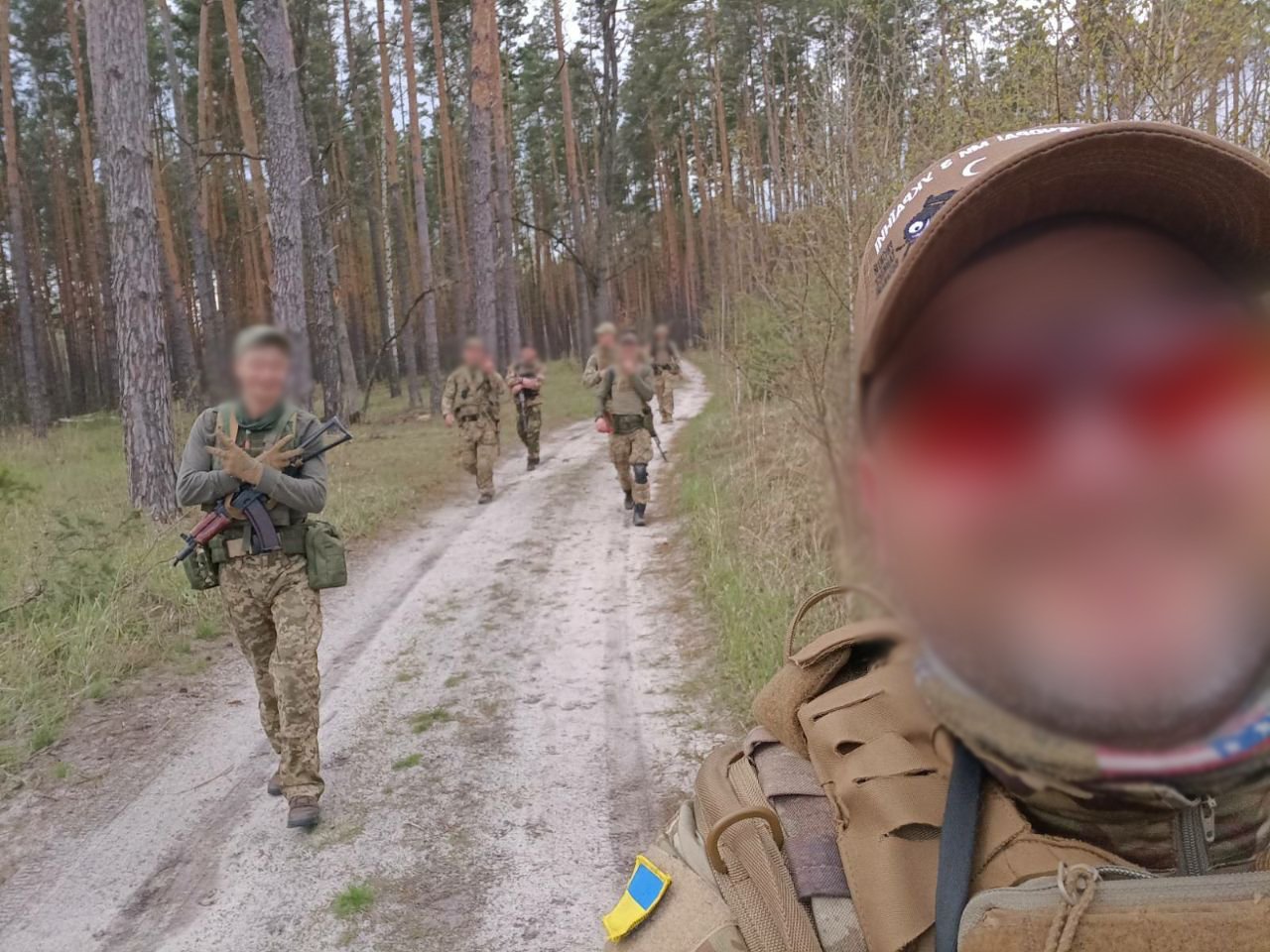
“How often do you manage to leave the firing positions to rest?”
“We, the scouts, can rest after completing the task. We can have a few days of rest before a new task. Infantry and landing forces work constantly. A lot depends on the unit commanders. You can, for example, keep a platoon in the trenches for two or three weeks and rotate. But it also very much depends on the situation on a specific section of the front, the cooperation between units and the top commanders. In the Kyiv region, during the hot phase, no one could expect rotation — everyone worked non-stop.”
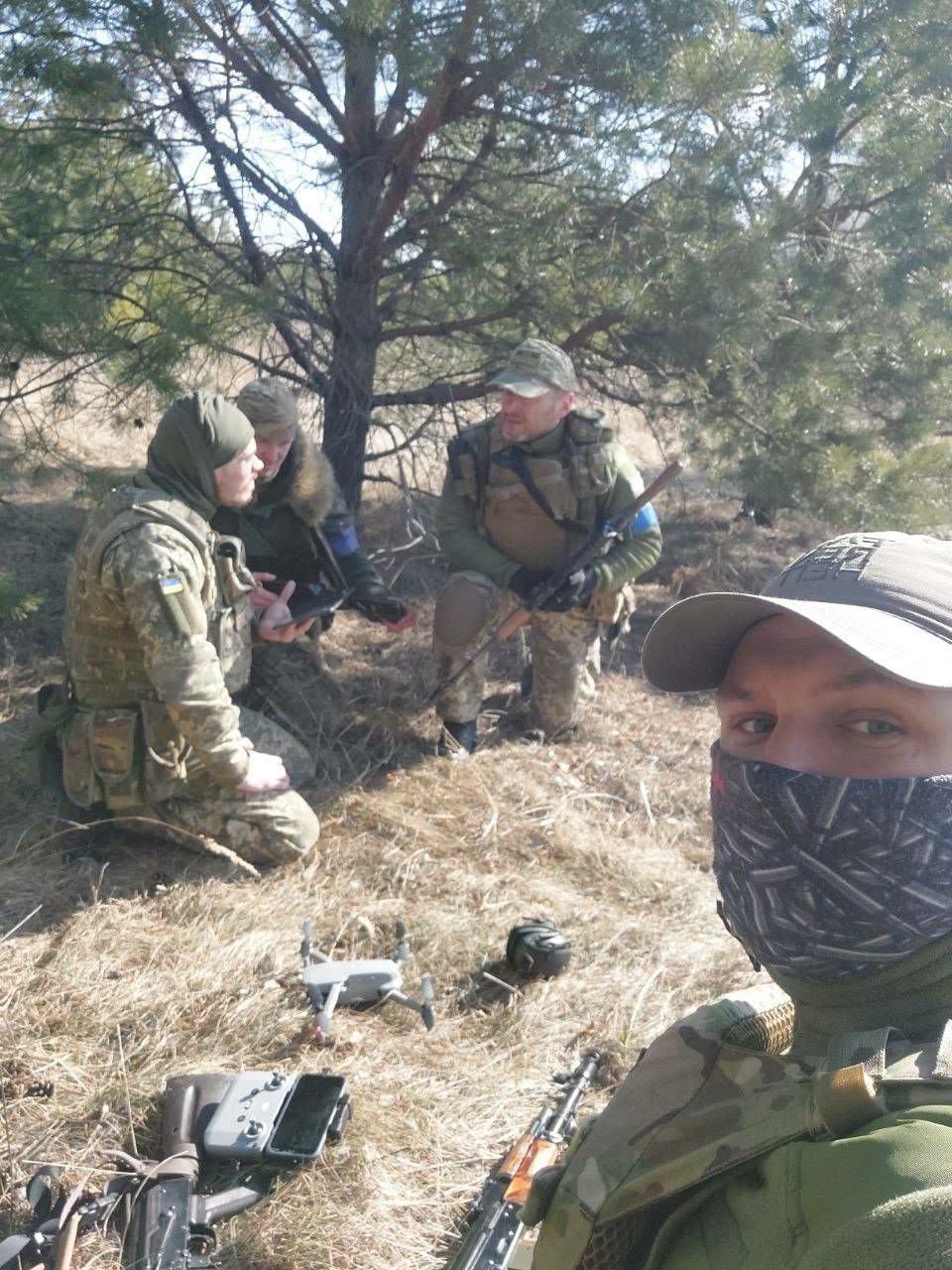
“Is it true that some units refuse to go to positions, because, for example, it is known that certain positions are targeted?”
“There is no such thing in the regular army. At least I don't know of any cases. An order is an order. Maybe there are cases with the Territorial Defence (their units are also included in the Armed Forces — ed.), which were prepared to defend their own area rather than being on the front line.”
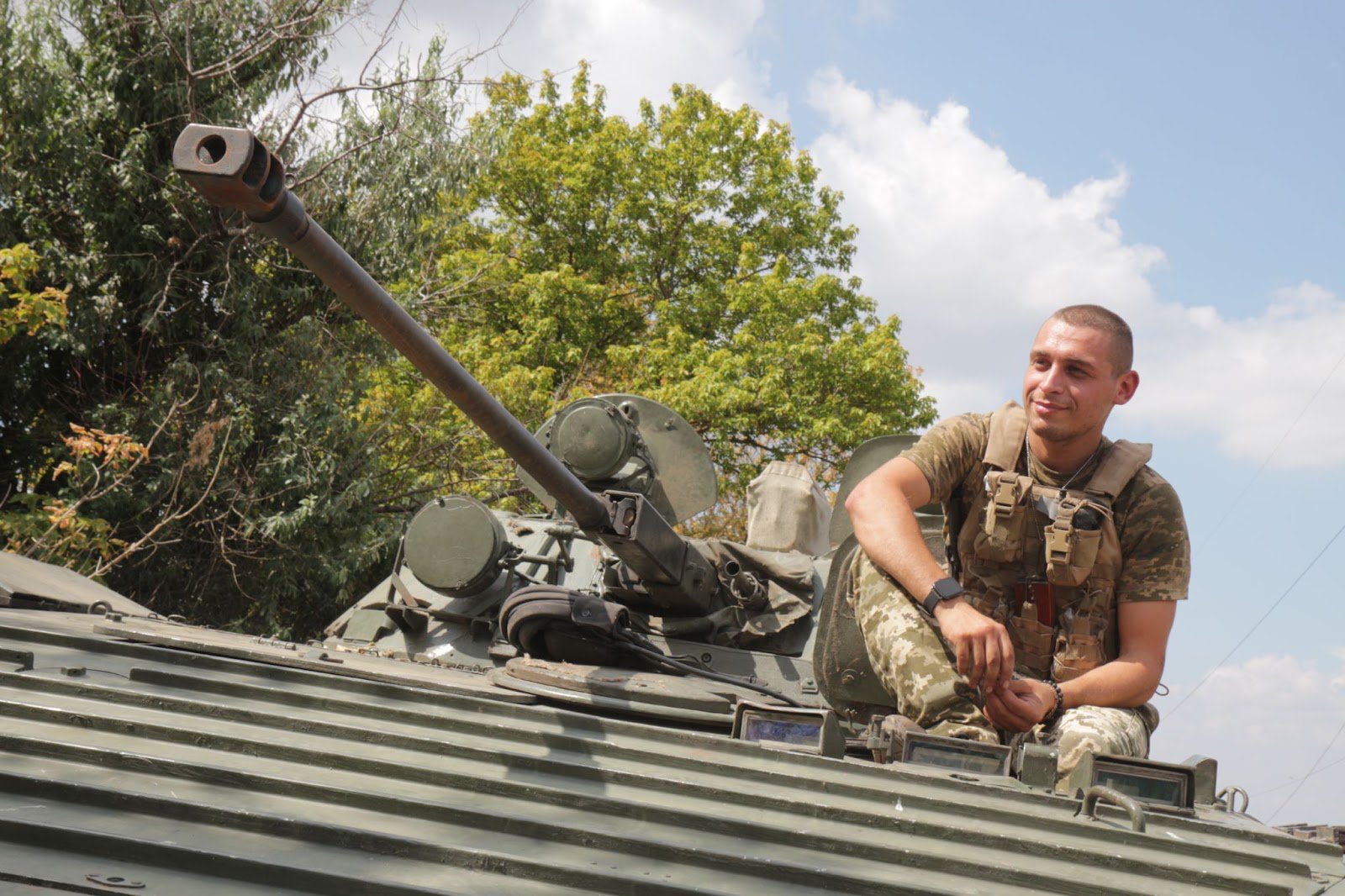
Russians cannot be underestimated, they cannot be trusted
“As a scout, you probably see the enemy closer than others. What is he like?”
“Russian soldiers are very different. Some are specially prepared, and some are not very motivated. This army should not be underestimated. They cannot be trusted, especially the commanders. The Russians know well who they are fighting. The fights between us happen at a distance of 40 m (130-135 feet). They also know very well where they aim when they shoot at civilians. The Ukrainian army never stands in populated areas, we always dig in ahead, in the woods, as far as possible, not in a straight line. The Russians deliberately sow terror and destroy populated areas.”
“Are you able to follow the news?”
“When there is a moment of free time, both commanders and soldiers monitor the news and the general information situation. The official Telegram channels of the General Staff, GUR (Military Intelligence), Ground Forces are very helpful. Thanks to Starlink, we have internet. But in the hot zones, there is no mobile connection.
“How often do you communicate with your family?”
“Now, I try to speak to them every day. To call for at least a second and wish them good morning. My wife assures me that this is enough.”
“Do you talk about the real state of affairs or are you assuring them that everything is fine?”
“... mostly "everything is fine".”
"I would buy my husband a good weapon if it were possible"
We had a chance to talk to the wife of Captain Virus. Olena's eyes light up when she talks about her husband. The couple have been together for 27 years, have children and grandchildren. Olena assures that she supports her husband in all endeavors: motorcycles, skiing, every extreme. The war was no exception.
“Do you know what your husband does in the war?”
“I can imagine it well. I was at his training. I really, really wanted to go there. Studied camouflage and marksmanship. So I understand the needs of his unit.”
“So you are one of those magical volunteers who can get everything?”
“(laughs). We learn everything on the Internet. We are constantly looking for what is necessary for the front. As soon as my husband says that something is needed, we try to buy it as soon as possible. First there were shovels, then first-aid kits, then medicine. Body armor, helmets, plates — this is all us. We bought a thermal imager in Germany, a night vision device that attaches to a helmet, and sights.
He says: you need to find tactical underwear. We say — wow, does that even exist? It turns out it does, and we found it. We then buy as much as to suffice for his entire group. In 2014, they did the same thing. Friends from Germany, Italy, Britain helped as well.
If it were really possible to buy a good weapon, I would sell our beloved racing Suzuki in order to buy one — in order to win as soon as possible and for my husband to return home.”
"We will return our territories. I know that for sure"
We asked Captain Virus about victory:
“What do you think will be the end of the war?”
“I came back from ATO [the Anti-Terrorist Operation of 2014-2015 before the Minsk ceasefire] with a firm conviction that there will be no peaceful understanding between us and the Russians. The war has been brewing all these years. Yes, we will get our lands back and restore the state borders of Ukraine. I don't just believe it, I know it for sure.
During the active phase of hostilities, emotions and passion tempt us to march all the way to Moscow and burn it. And here I will express my opinion with a cool head: the only way to achieve peace in Europe and the world is to make Russia fall apart.
The tentacles of the KGB are all over the world. Russia starts wars wherever it wants. This evil empire can only be overcome by joint efforts: through political restrictions, the collapse of the Russian economy, the strengthening of its internal contradictions, and up to the collapse of the system.”

